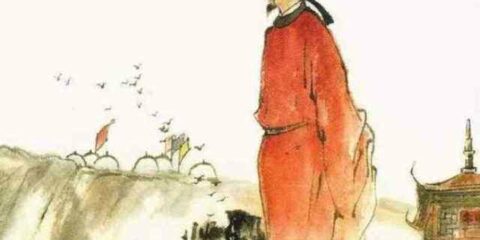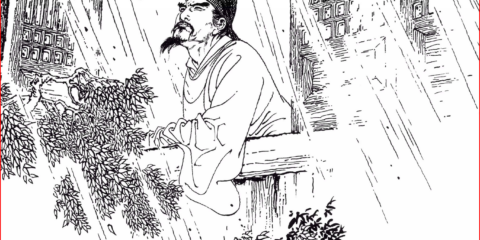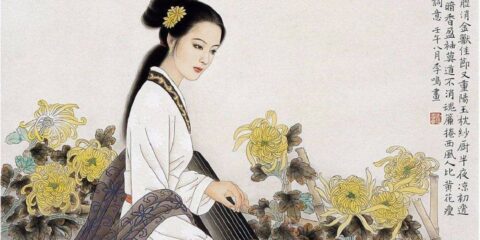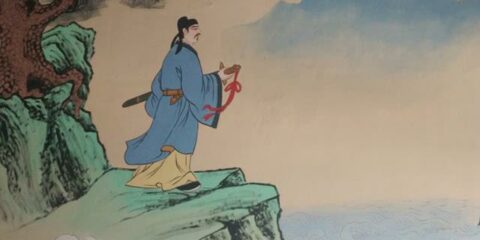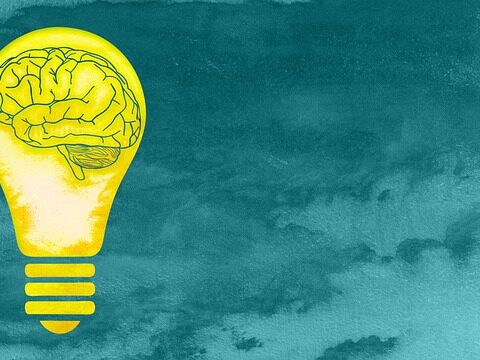51. F. Engels (1820-1895) was a German philosopher whose main works were the political economy outline of judgment, anti-Turing theory, dialectics of nature, the origin of the family, private ownership and state, Fairbairn these works, Engels expounded the Marxist theory department, put forward the basic problems of philosophy, criticized idealism and agnosticism, and demonstrated the basis of historical materialist principle and developed Marxist philosophy.
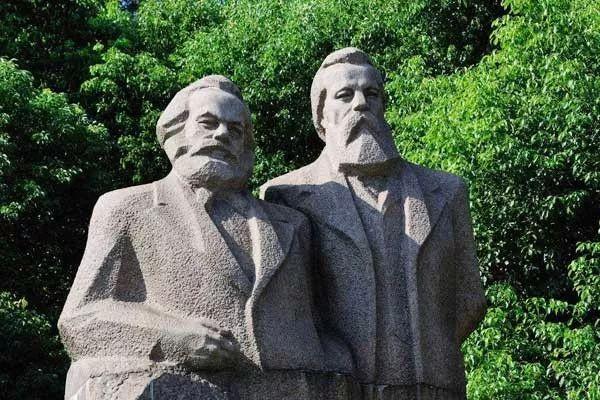
52. Spencer, Herbert (1820-1903) was an English idealist philosopher and positivist main representative of. He believes that comprehensive philosophy based on vulgar evolution can explain all natural phenomena and phenomenal social phenomena and advocates agnosticism. Main works: comprehensive philosophy, principles of sociology, original works of the Confucian theory of reason.
53. Sigmund Freud (1856-1939), Austrian psychologist and psychiatrist, fineFounder of theological analysis school. He gradually developed the theory of psychoanalysis from his clinical treatment relevant treatment methods put forward the theory of ID, ego, and superego of personality, and believe that it exists in the unconscious sexual instinct is the basic driving force of human psychology and the power to dominate personal destiny and determine social development. Main worksHis works include analysis of dreams, psychopathology of daily life, introduction to psychoanalysis, introduction to psychoanalysis new edition, the autobiography of Freud, etc.
54. Dewey (John, 1859-1952), a famous American pragmatist philosopher and educatorEducationists, ethicists, and social activist. Established “empirical naturalism” or instrumentalism. think the task of philosophy is not to provide some explanation for nature but to explore ways to solve human problems. PublicizeYang Yang’s idealistic historical view of pluralism and “new personality theory”. His works include the transformation of philosophy, experience, nature, and truthQualitative pursuit, knowledge, and knowledge.
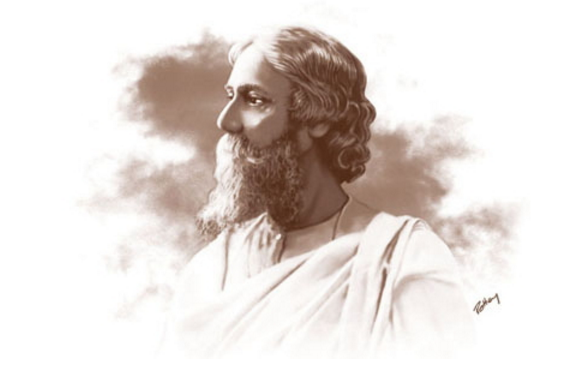
55. Rabindranath Tagore (1861-1941) Indian writer, poet, and philosophyHome. Inheriting the tradition of Vedanta dualism in India, he believes that the origin of the world is an absolute existence. Recognizing nature and that there are opposites and contradictions in human society, but the contradiction is temporary and relative, and unity and harmony are the key external and absolute, it advocates reconciling various social contradictions through “Pan love”. His works include the pro evidence of life personality, unity of creation, human religion, nationalism, the crisis of civilization, etc.
56. Bianxi (1863-1902), Vivekananda (SV) ā m ī Vivek ā NANDA), formerly known as
NuoNarendranath Datta, Indian philosopher, and Hindu reformer, “new VedanThe initiator
of “multi-faction”. He believes that the highest essence of the world is “Brahma” (cosmic spirit),
but the material world is the same as “Brahma” Cannot be disconnected; It advocates that
all forces in India should be unified on the basis of “Indian spirit”. His works include
“industry” Yoga, Master Yoga, wisdom yoga, Vedanta philosophy, modern philosophy.
57. Max Max Weber (1864-1920) was a German sociologist and social philosophy historian. He initiated the research method of modern sociology, that is, to explore the behind the development and changes of economic lifeThe research method of the spiritual driving force is called “Marx in the capitalist period”. Author of academic politics, Protestant Ethics and the spirit of capitalism.
58. Zhang Binglin (1869-1936) was a Chinese thinker and scholar. Their initial name is
Xuecheng, with the word uncle Mei (I)As “Uncle Mei”). Because of his admiration for Gu Yanwu during the Ming and Qing Dynasties, he was renamed Jiang and nicknamed Taiyan. Early philosophy has the materialist tendency to hold that “Ether” is the basic material constituting all things, and
emphasizes that the human spirit depends on the human body, Deny the theory of the immortality
of the soul and the theory of ghosts and gods. He wrote many works in his life, including Zhang’s series, the sequel to Zhang’s series”Zhang’s Series III” and so on. Since 1982, Shanghai People’s Publishing House has successively published the complete works of Zhang Taiyan in separate volumes.
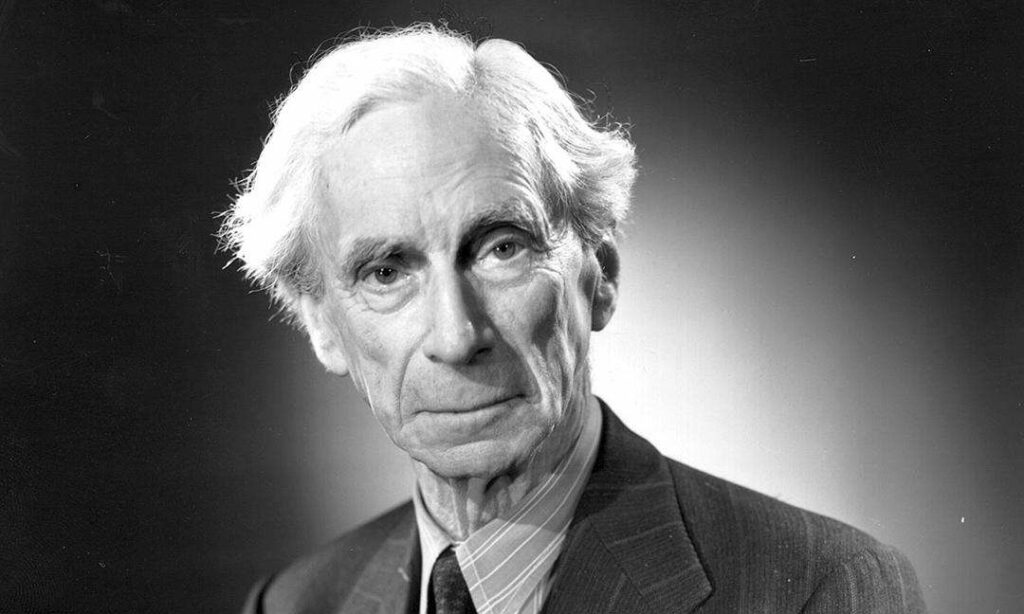
59. Russell Bertrand (1872-1970) was a famous British philosopher and mathematician scientist,
and logician. He founded logical atomism and new realism and is the founder of modern analytical philosophy. His philosophical thought has roughly experienced absolute idealism, logical atomism,
new realism, and neutral monism in several stages. His “Russell paradox” had an important impact
on the basis of mathematics in the 20th century. mains works include the history of western philosophy, the development of my philosophy, the road to happiness, the road to freedom, philosophical problems principles of mathematics, etc.
60. Liang Qichao (1873-1929) was a Chinese scholar. He was named Zhuoru, Ren Gong, and the owner
of the ice drinking room people. Kang Youwei and Kang Youwei advocated reform and reform,
which are collectively known as “Kang Liang”. Philosophically, it is believed that “the environment
is created by the mind” and emphasizes “the mind” Force is the greatest thing in the universe, “pushing Wang Shouren’s” to conscience “. He wrote Hongfu and compiled it into a drinking collection of rooms.



